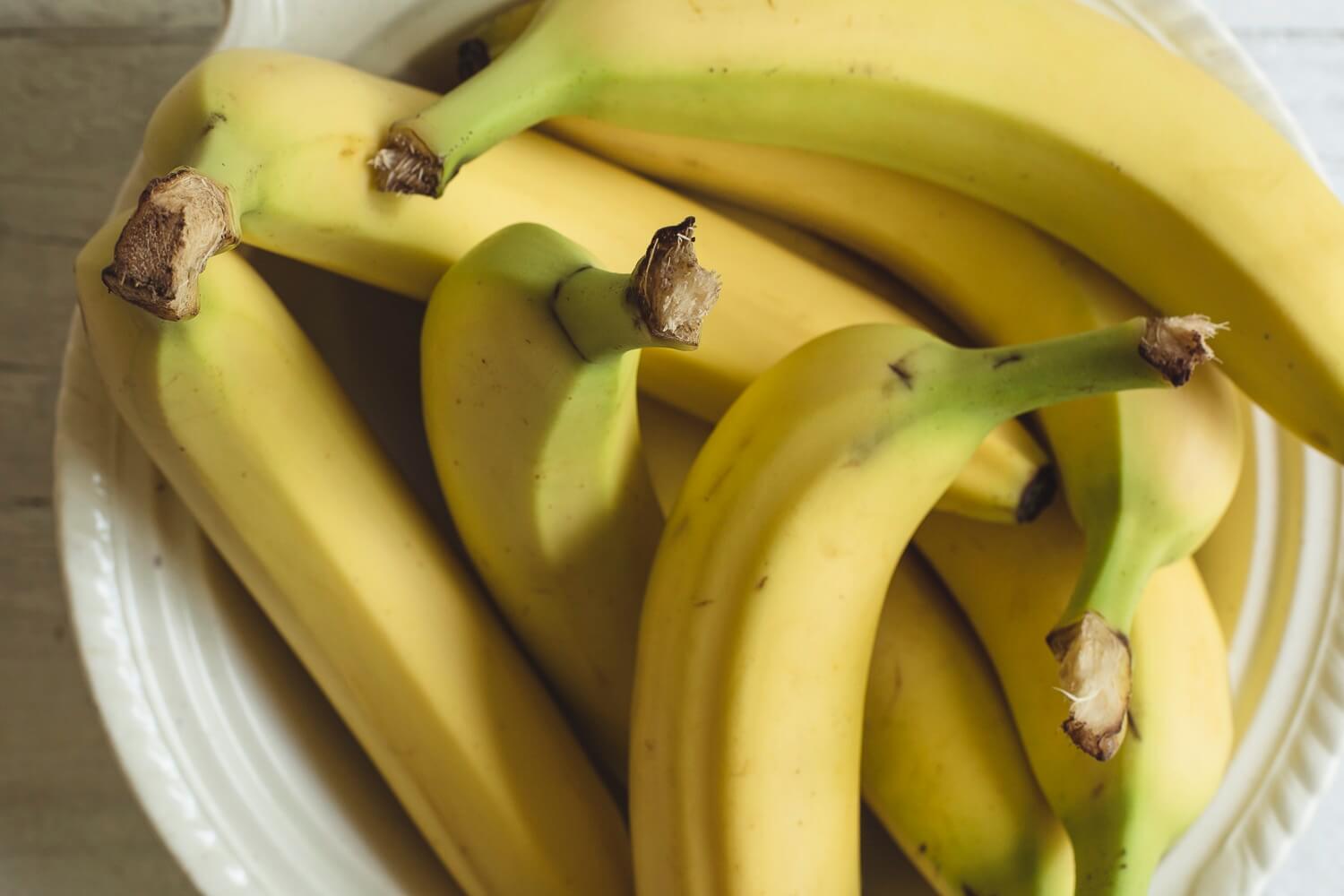Almost a quarter of the food eaten in the UK comes from countries vulnerable to the climate crisis, a new report has found.
Bananas, grapes, avocados, coffee and tea are among the top food and drinks that will be affected, according to research by Christian Aid, which found 22 per cent of all the fruit, veg, pulses and meat eaten by UK households will be affected. It was part of a report that mapped the food imports of the UK and other European countries alongside the climate risks faced by producer countries.
“The UK may be an island but in an ever more interconnected world we cannot escape the damage caused by climate change,” said chief executive of Christian Aid, Patrick Watt. “Our record on carbon emissions has helped cause the climate crisis. Farmers in some of the world’s poorest countries are now struggling to cope with droughts, storms and rising temperatures.
One coffee farmer, Yadira Lemus, said: “As a coffee producer, it is more and more difficult to produce. With regard to climate change, we are seeing an increase in temperature. It is harder to predict the weather.
“Before we could say which is winter or summer, and when we can plant. Not anymore. Who was going to predict that we were going to have the storms and hurricanes we had last year. Now you see there is a lack of rain. We are more vulnerable to these types of changes.”
The research found that eight out of 25 UK’s top import countries have high climate vulnerability and low climate readiness, including Brazil, South Africa, India, Vietnam, Peru, Colombia, Cote d’Ivoire and Kenya, where the UK imports the majority of its tea from.
It comes after the UN warned the world may tip over the 1.5C warming limit agreed by governments in the coming years, which experts reckon will lead to a spate of more serious extreme weather events.
UK supplies of tomatoes, cucumbers, lettuce, peppers and citrus fruits have already been affected earlier this year as drought hit parts of Spain and Morocco.
“Disruption of food supplies is a real and growing risk in the UK,” said Simon Lewis, professor of global change science, University College London. “Everything we do to cut our emissions in the UK, including not licencing new oil and gas projects, reduces the level of the coming chaos. The UK paying to help poorer countries adapt to climate change also increases our security too. It is a good investment in our future.
“Rising food prices, already causing real hardship in the UK and globally is just the beginning, unless we slash carbon emissions and invest in adapting to the impacts of our rapidly changing climate.”
Alexander Carnwath, Fairtrade Foundation’s head of public affairs said: “This is an important and timely report from Christian Aid, drawing the connection between the threat that climate change poses to the livelihoods of farmers, and the food we eat in the UK.”
Christian Aid’s Patrick Watt added: “The climate crisis is increasingly disrupting the supply chains of the food in British shopping baskets and risks adding to the cost-of-living crisis. The case for action has never been clearer. The UK government must work with others to provide the financial support needed to help vulnerable communities adapt to a fast-changing climate.”















The reliability of a bookmaker is traditionally considered one of the main criteria for choosing a bookmaker, but this criterion is subjective: someone has been playing on the same site for several years and does not know grief, and someone with the same bookmaker almost immediately has disagreements for various reasons https://www.bettingonlinebd.net/betting-sites/